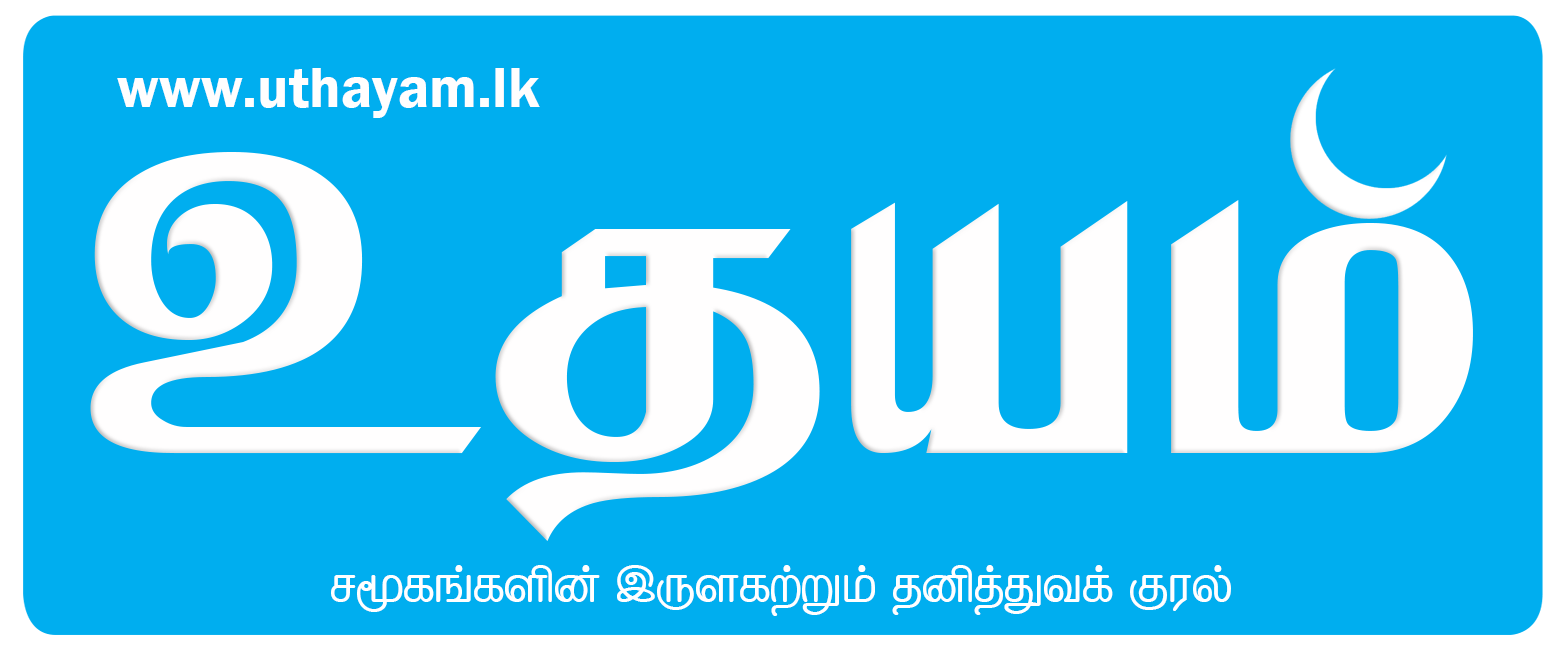What Is Crypto Custody? Digital Asset Safekeeping Explained
Content
MiCA will become applicable to crypto-asset service providers (“CASP”) from December 30, 2024. Stablecoin issuers face stringent reserve mandates, while CASPs must be authorised https://www.xcritical.com/ and comply with anti-money laundering (“AML”)/ combatting financing of terrorism (“CFT”) norms. The SEC’s custody rule mandates that all investor assets, including cryptocurrencies, must be held by a qualified custodian as outlined in the Investment Advisers Act of 1940. The company is an excellent choice for individuals and institutions seeking premier custodial services with comprehensive security guarantees. Users create an account with the custodial service provider, often requiring identity verification for compliance with regulations like KYC (Know Your Customer) and AML (Anti-Money Laundering). Private keys, which are alphanumeric strings used to authorize transactions and access cryptocurrency holdings, are highly targeted by crypto-asset thieves because they grant direct control over the assets.
Crypto.com Has Filed Suit Against the SEC to Protect the Future of Crypto in the U.S.
In the unlikely event of a hack or any incident that results in the loss of digital assets, the SAFU is designed to provide protection and cover user losses. As you can see, there is always a trade-off between usability (direct access to crypto assets) and security. Knowing how many coins and crypto assets are “in custody” is crucial, to ensure your crypto fund accounting is complete and your auditor can verify their existence. With crypto and digital assets on the rise, you might be asking yourself how the safekeeping of crypto assets works, what challenges are in store, and what you should be discussing with your counterparties and cryptocurrency custody software auditor.
Leading Cryptocurrency Custodial Service Providers
Abeeb is a goal-oriented content writer with over 4 years of experience in crafting compelling and insightful content across various genres, including tech, news, entertainment, and blockchain. Known for building strong connections with clients and stakeholders, Abeeb is dedicated to delivering clear, concise, and impactful writing that captivates audiences. Get crypto market analysis and curated news delivered right to your inbox every week. Comparing the fees of third-party custody and self-custody, you may find the latter a more cost-effective option. Diego, a blockchain enthusiast, who is willing to share all his learning and knowledge about blockchain technology with forex crm the public.
- “They offer a variety of currencies and their process is simple, fast, and secure. The experience and their customer support are excellent too.”
- From the user’s point of view, it is similar to having a checking account with a bank.
- Simply put, crypto custody means securing the private key that proves you own of the funds held within your crypto wallet.
- This harmonization effort provides a potential blueprint for other regions considering multi-jurisdictional coordination of custody regulations.
- Within the cryptocurrency ecosystem, very few mainstream banks offer custodian services.
- Private keys, which are traditionally utilized to carry out transactions and access crypto holdings, are represented by complex alphanumeric combinations, virtually impossible to remember.
Cryptopedia. Your trusted source for all things crypto.
Digivault’s offline wallet, Kelvin, is held in the highly secure vaults of Malca-Amit, a pioneering vault service provider, to ensure ultra-secure, deep storage of crypto assets. Helios, Digivault’s warm wallet, comes with a seamless API for the most efficient interoperability with Kelvin. The mass adoption of crypto assets and rapid industry growth created the need for efficient ways to store cryptocurrency securely.
Understanding crypto custody: safeguarding digital assets and cryptographic keys
Crypto-savvy folks are likely to follow this route when investing as they are naturally inclined to the technical crypto solutions. Countless crypto investors have suffered from lost private keys or stolen funds with little to no chance of getting their funds back. Read on to learn how to keep your digital assets safe using crypto custody options that are currently available. As a matter of fact, the custody solutions for crypto are suitable alternatives to exchanges. Therefore, cryptocurrency custody might be a profound driver for crypto adoption by empowering simple and streamlined crypto asset storage and management. Blockchain and crypto continue to transform the world, and custody solutions are a crucial highlight of the emerging ecosystem.
As the sole custodian for wrapped Bitcoin (WBTC), they offer hot wallets, SAFE custodial wallets, and self-managed options. The regulatory landscape for cryptocurrency custody spans multiple jurisdictions globally, with three key regions leading the development of today’s regulatory frameworks. These jurisdictions have emerged as leaders not just due to their market size, but because of their comprehensive approach to digital asset regulation and their influence on global financial standards. There are dozens of crypto custodians, including Anchorage, Bakkt, BitGo, Coinbase Custody, Fidelity Digital Assets, Gemini Custody, and NYDIG that offer custodial services to large investors.
In traditional finance, qualified custody ensures that assets are securely held by custodians meeting specific criteria for holding securities and client funds. These criteria include being a bank, a registered broker-dealer, or a futures commission merchant. Qualified custodians must also adhere to requirements such as providing audited financial statements to the SEC, keeping client assets separate from their own, and undergoing periodic examinations by regulators. Notable players in this space include behemoths like BNY Mellon ($43 trillion in AUC) and State Street ($38 trillion in AUC). Given the solidity of these banks, institutional investors seldom worry about custody in traditional finance. Also, regular audits of robust protocols like proof of reserves are crucial, and comprehensive insurance coverage adds an extra layer of protection.
Hot storage refers to assets that are connected to the internet, allowing for easier access and transactions. Cold storage, on the other hand, involves keeping assets offline, providing an additional layer of security against online threats. While traditional assets require protection against theft, cryptocurrencies face even greater risks, such as cyberattacks and liquidity crises. In order to understand “what is crypto custody” in detail, you need to focus on a detailed impression of asset custody. In the case of traditional financial markets, custodians are basically the institutions that offer different financial services.

Instead of one institution holding all the keys in a multi-signature quorum, MIC distributes them across several regulated custodians. This means that no single custodian can authorize transactions on its own, because a quorum of keys (for example, 2 out of 3) is required to move funds. Even if one custodian goes bankrupt or is compromised, the depositor’s bitcoin remains secure and accessible.
Institutional investors are coming into the world of crypto to leverage the technology with the aim of generating higher returns than in the traditional financial markets. To steal funds from a cryptocurrency custodian, hackers don’t need to plan an elaborate heist like in Ocean’s Eleven; they only need to break into the exchange’s servers and copy a few files, and they can do so from anywhere. When you hear about hacks in which cryptocurrency is stolen, it is because the custodian got hacked. The perpetrators got inside the custodian’s internal systems, found the wallet keys and began transferring funds out. Let’s take a look at how different types of cryptocurrency custody work and the pros and cons of each.
Thus, despite stringent custody measures and technology, exchange-related incidents remain a prevalent concern among institutional investors. As a result, it was imperative for the industry to develop solutions aimed at minimizing such risks. In the subsequent sections, we will delve into these solutions, exploring their key features and benefits in addressing the evolving landscape of institutional digital asset custody and trading.

Crypto works on the foundation of blockchain, and as the name implies, cryptographic security is a basic aspect of cryptocurrencies. Key management helps in cryptographic security of assets and allows custody of digital wallets through private keys. However, the institutional crypto custody solutions hold the private keys to assets on behalf of the owner. The custody solution for crypto ensures that any other party could not access the private keys of a user. Kingdom Trust is a qualified custody provider of traditional, alternative, and digital assets — from retirement funds to precious metals to crypto assets. The company supports more than 100,000 retirement accounts and provides custody of over 20,000 forms of assets.
We provide full-cycle product development from ideation, architecture and design to engineering, testing and support. Partnering with founders, product owners and CTOs to transform bold business ideas into exceptional digital products. Feel free to check out our case studies or drop us a line at [email protected] to discuss how we can help you achieve your goals. The purpose of this definition is to include the largely unregulated sphere of DLT-based assets but exclude those assets that use DLT but are already regulated. Since winning the US election in November, Trump has helped pushed market prices to new highs.
Although institutional investors turn to custodians for extra security guarantees, the ultimate security is impossible to achieve, both in physical and digital environments. Meanwhile, through what’s known as partial custody, you’d share responsibility for managing your private keys. Although this option provides a safety net should you lose access to your private keys, it also introduces a potential vulnerability, because you’re sharing custody with another entity. If you decide that a partial or third-party custodian is right for your needs, it’s important to research your options thoroughly to make the most secure choice. We recommend exploring the following areas as part of your research into service providers.
